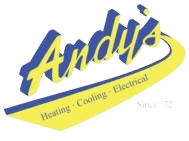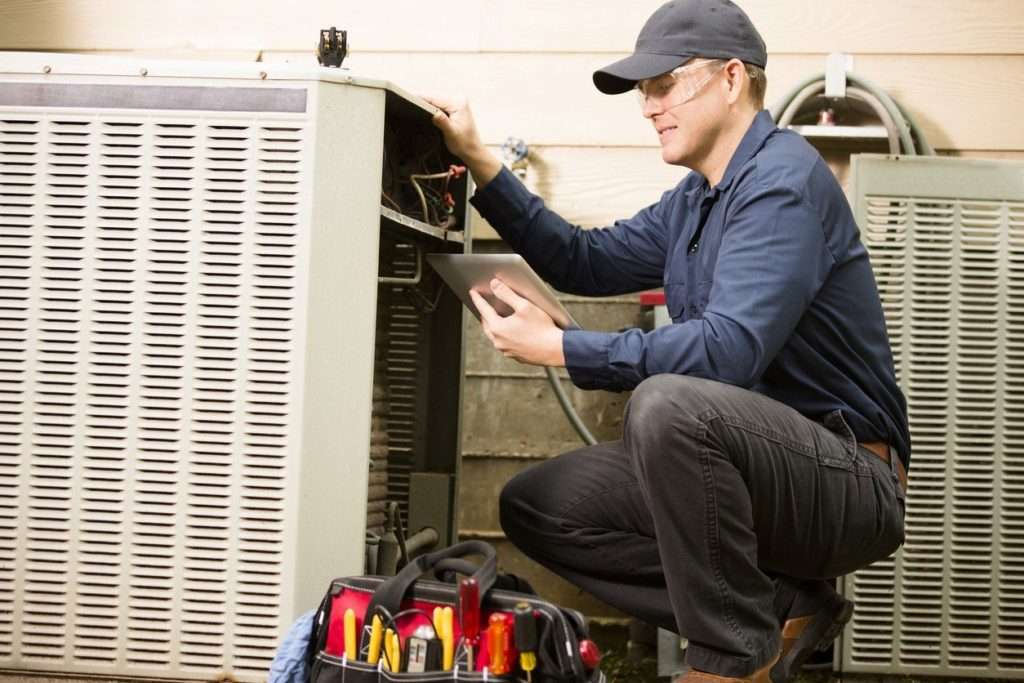Table of Contents
An AC inspection helps to catch minor issues before they become major problems that require costly repairs or replacement. In addition, regular inspections can help extend the lifespan of the equipment.
An HVAC technician will inspect the ductwork and look for leaks, uneven air temperatures or unconditioned areas. They will also check the motor capacitor and electrical connections.
Check The Compressor
The compressor is a critical component of the air conditioning system. It pressurizes the refrigerant gas and a mechanical problem can make it stop working. Leaks can also stop it from functioning properly, requiring replacement.
An AC inspection includes examining the drain line, condenser coils and connections, blower, supply lines, suction lines, operating temperatures and pressures, motor and metering device/expansion valve. The HVAC technician also checks the motor capacitor and tests its amperage to assess efficiency.
An inspection can also uncover issues that can be remedied before a system failure occurs. For example, an odd sound from the vents could mean cross-contaminated refrigerant or a broken fan. The HVAC pro can clean and repair these minor problems to prevent expensive AC repairs. They can also test the ductwork for leaks, so air flow is unobstructed throughout your home or business. This reduces energy costs and helps you save money on your utility bills. It can also improve health by keeping pollutants from entering your indoor air supply.
Check The Evaporator Coil
An HVAC inspector will check the evaporator coil for cleanliness and bio-growth during an AC inspection. If the evaporator coil is dirty, it will clog up and create air flow problems.
The HVAC expert will also inspect the air duct system to see whether it needs cleaning or is leaking. Leaky ducts waste energy and allow contaminants into the home. The HVAC expert can test for leaks with a piece of toilet paper, which should stick to the duct seams and connections.
The HVAC professional will also check the flue pipe and heat exchangers, which vent harmful gases out of the house. They’ll look for any signs of carbon monoxide gas leaks, which can be deadly. The technician will also test the carbon monoxide detectors to make sure they’re working. Finally, they’ll check the voltage of the motor capacitor and electrical connections, as well as the operating temperature and pressure. This will help them detect any issues before they start to deteriorate and cause an AC failure.
Check The Condensate Lines
Just like you need to get your car serviced regularly, so does your HVAC system. A yearly AC inspection can help to keep you safe from expensive repairs and energy bills.
During an AC inspection, your HVAC technician will check the condition of your outdoor condenser unit and the surrounding areas to ensure there are no leaks. They will also pour water down the drain lines to see if they are clogged.
Another important part of an inspection is checking your ducts for leaks. A leaking duct system can lead to high energy bills and poor air flow in your home. An HVAC technician will assess the furnace filter, grilles, registers, and vents to make sure they are open and functioning properly.
Finally, your HVAC professional will check the refrigerant level. Many problems with your AC such as freezing or not cooling are caused by low refrigerant levels. A refrigerant inspection can detect any issues before they become serious.
Check The Refrigerant
Just like you take your car to the auto shop for routine maintenance and repair, you should get regular AC inspections. These HVAC inspections are vital to ensuring the air is clean and fresh. Poor air circulation and dirty indoor environments are not only a nuisance but also serious health concerns.
During the inspection, the licensed professional will evaluate the condition of the condenser unit and the fans. They will check for blockages, leaks and other electrical problems that may interfere with cooling. They will also test for carbon monoxide gas leaks, which are dangerous if they escape into the house.
The HVAC pro will look for signs of duct leaks, including sagging ducts, holes, and improperly sealed joints. They will check for clogged air filters, and they will test all limit and safety controls. They will also evaluate all supply registers, vents and return grilles to make sure they are open and free of obstructions.
Contact Us For A Quality AC Inspection
Are you looking for an HVAC contractor you can trust with AC inspections? We can help! We are a team of experienced and certified HVAC technicians who are dedicated to providing our customers with the best possible service.
We offer a wide range of HVAC services, including:
- Installation
- Repair
- Maintenance
- Inspection
- Replacement
We are also a licensed and insured contractor, so you can be sure that your work will be done properly and safely.
We also offer a free consultation service. If you would like to schedule a consultation, please call us or send us an email. We will be happy to come to your home or business and assess your needs and recommend the best HVAC service for you.

